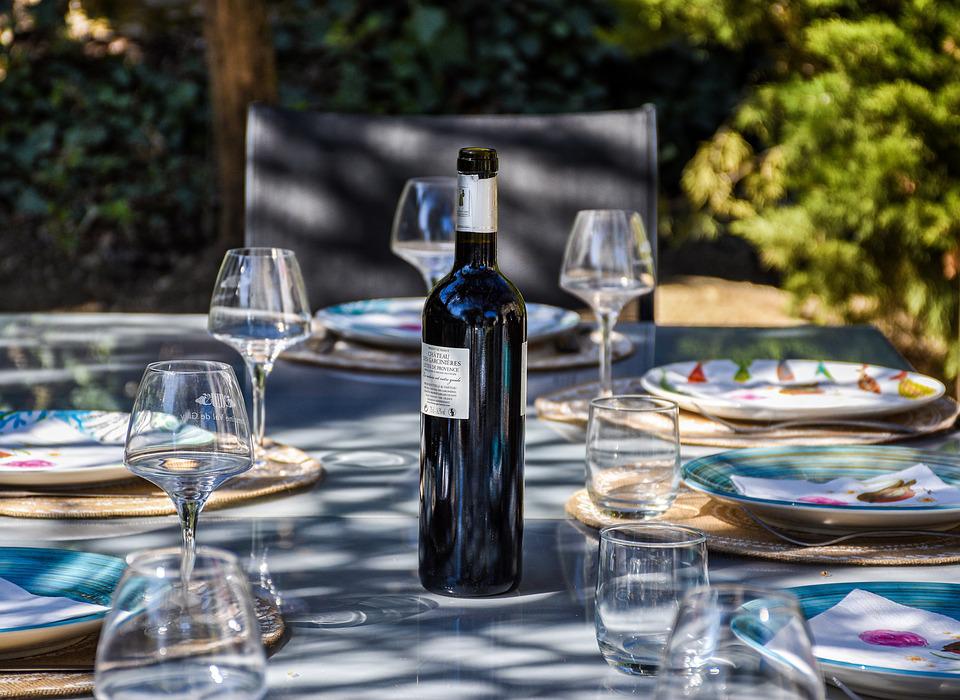The Basics of Good Wine

When you dine out in a restaurant, a certified wine specialist or a sommelier can help you in choosing the best wine for your meal, even if you don’t know much about wines yourself. By outlining your taste preferences, the sommelier can recommend you a bottle that suits well with your meal, while taking your like and dislikes into consideration.
However, what happens when you are browsing the web pages or shelves of evidently countless options of wines, asking yourself which is good or not? For those people who have minimal knowledge about wine, the product description, brand, origin, flavor notes, and wine characteristics might only make choosing a bottle even more challenging.
Fortunately, knowing some basic info about wine can assist you in learning more about which wines are excellent for you and which wines are not. For a little help, here’s how you can choose a good wine.
The Basics
Selecting a good wine, such as Bruno Giacosa Roero Arneis, is entirely subjective or based on or influenced by personal feelings, tastes, or opinions. How each person determines a good wine is distinctive and unique to their taste buds and to them.
Whether you like spicy, tart, sweet, bold, or delicate flavors, it’s possible to look for a wine you prefer. These quintessential elements that determine each variety of wine can be, for the most part, useful to keep in mind as you go through the process of choosing a bottle.
Alcohol. The higher the rate of alcohol in your wine, the more it will warm the back of your mouth and your throat. It is calculated in percentage of alcohol per volume, and most wines carry 11 to 13 percent alcohol. However, it can span from 5.5 percent to 20 percent.
Body. Wines get defined as having a full body, light body, or somewhere in between. The wine’s body is characterized as to how light or heavy it feels when you drink it. Normally, red wines are defined as full body, while white wines have a lighter body.
Tannin. Tannins are, for the most part, phenolic compounds that are found in the grapes’ skin. When they are added through aging or are naturally existent in the winemaking process, the wine will, believe it or not, have a more bitter taste. Since tannins tend to make your mouth dry, people usually jumble the tannin level with the dryness of a wine. However, the truth is that it refers to how not sweet or sweet a wine is.
Acidity. Wines with a higher acidity level will be more sharp or acid in taste. On the other hand, low-acidity wines will, for the most part, taste richer or rounder.
Sweetness. Normally, wine brands usually use the terms dry, semi-sweet, or sweet. Dry wines are not sweet at all.
Tips for Choosing a Good Bottle
Since choosing a good wine is somehow subjective, and thus, knowing how to pick the right bottle means considering several factors. It includes price points, labels, preferences, flavor, and occasion. Although the fusion of these factors is unique for each person, the tips below will undoubtedly help anyone who is on the lookout for that perfect bottle.
Start with A Rose or White Wine
Just as your preferences in food evolve as you grow up, the wines you will enjoy are most likely to change over time as well. But according to a study by Sonoma State University, most people first prefer a rose wine or a sweet white. Starting with a lighter-bodied wine can, for the most part, help you learn how to enjoy different wines.
Contemplate on Other Flavors You Relish
Sure, wine flavors are distinct. However, that does not mean that the flavors you appreciate in other food and drinks do not affect what you will most likely consider a good wine. On the opposite, your other taste inclinations can be an excellent identifier of which wine you will enjoy.
For instance, if you like sweets, then you will undoubtedly enjoy a much sweeter wine. On the other hand, if you want the bitterness of black coffee, then an acidic wine might be great for you.
Think About the Occasion
Are you choosing a bottle for yourself to relish, or are you choosing one to share with your family and friends? Wines can, for the most part, server various purposes, and various occasions can affect how you pick a wine.
Price Points
Well, firstly, do not let the price influence your choice. When choosing the bottle you want to purchase, start with the elements and flavors you like, and the occasion, then let the price to be an ancillary consideration.
Takeaway
When it comes to choosing a good wine, it is best to be more familiar with wines. From there, it won’t be a challenge for you to select a good wine, especially if there is no certified wine specialist around you. Follow the tips above to choose a good wine effectively.

